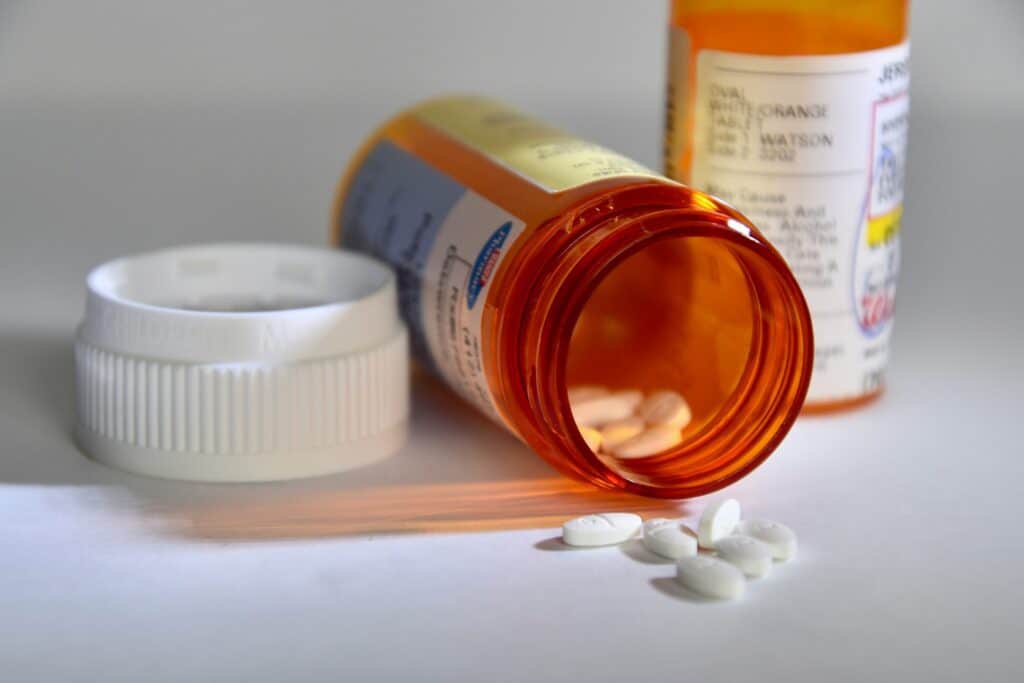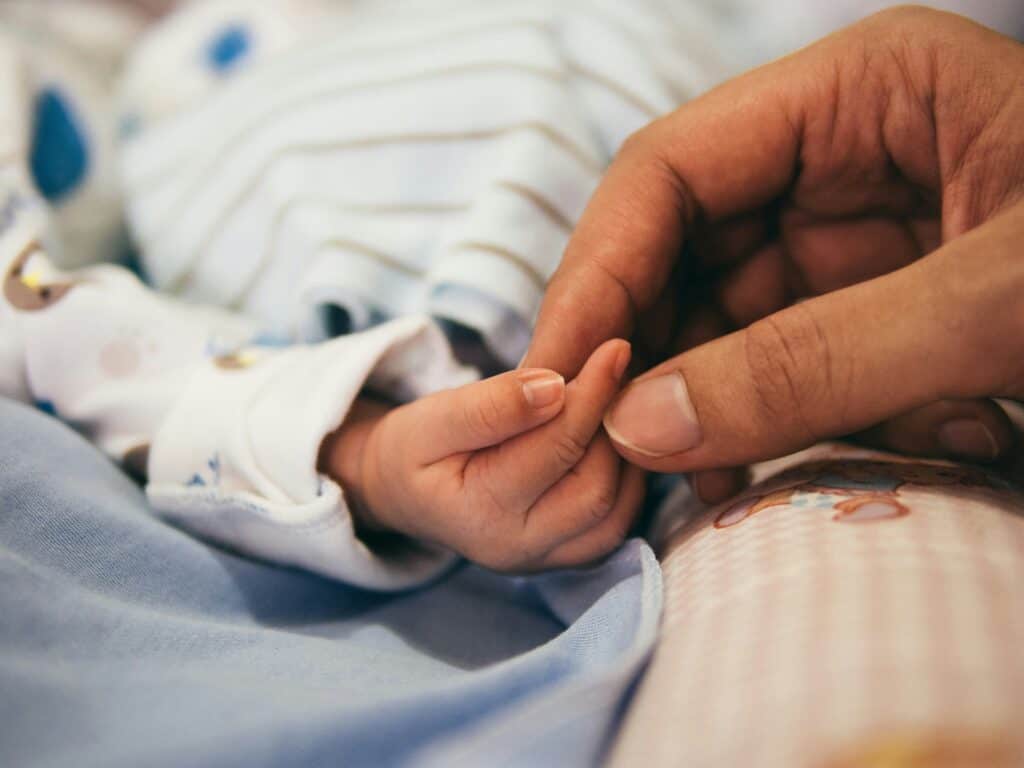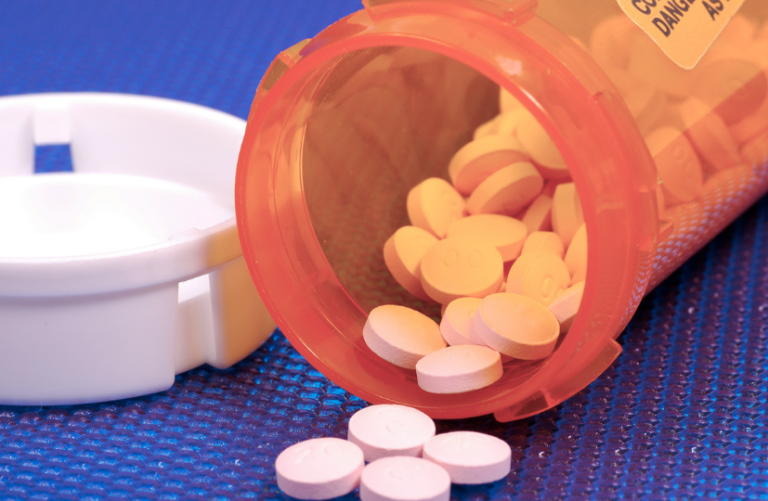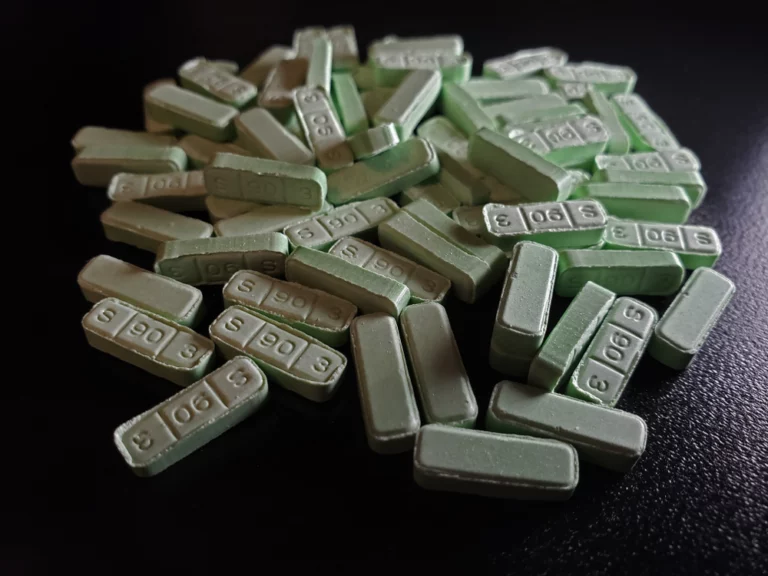Opioid addiction is an ever-growing concern, and its impact on individuals and families is profound. Among those at risk, pregnant women face unique challenges when it comes to managing opioid dependence.
If you or a loved one is pregnant and struggling with opioid addiction, it is critical to understand that there are specialized opioid treatment programs that can help individuals overcome this struggle in a safe and supportive environment.
In this blog, we will take a deeper look into opioid treatment programs, how they can help pregnant women, the risks of opioid abuse during pregnancy, and why seeking help is essential for both your health and the well-being of your baby.

Understanding Opioid Use Disorder
Opioid use disorder (OUD) is a chronic condition characterized by an inability to control opioid consumption, despite the harmful consequences it causes. Opioids include prescription pain relievers like oxycodone, hydrocodone, and morphine, as well as illegal drugs like heroin. For pregnant women, opioid addiction can have devastating consequences for both mother and baby.
In a society where opioid abuse is becoming more widespread, the need for effective treatment programs is vital, particularly when a pregnant woman is involved. Opioid treatment programs (OTPs) offer specialized services to help individuals recover from addiction, with a focus on ensuring that both mother and child receive proper care.
Risks of Opioid Abuse During Pregnancy
Opioid abuse during pregnancy can significantly harm both the mother and the developing fetus. When a pregnant woman uses opioids, the drug passes through the placenta, exposing the baby to potentially life-threatening risks. Some of the most serious consequences include:
- Neonatal Abstinence Syndrome (NAS): NAS occurs when babies are born addicted to opioids after being exposed to the drugs in utero. Babies born with NAS can experience withdrawal symptoms such as tremors, irritability, difficulty feeding, vomiting, and seizures. NAS can lead to prolonged hospital stays and additional medical interventions for the newborn.
- Premature Birth: Opioid abuse is associated with an increased risk of preterm labor, leading to early delivery. Premature babies may face a host of challenges, including respiratory issues, developmental delays, and low birth weight.
- Low Birth Weight: Babies born to mothers who use opioids during pregnancy are more likely to be born underweight, which increases the risk of health complications after birth.
- Miscarriage and Stillbirth: Studies have shown that opioid abuse can increase the likelihood of miscarriage or stillbirth, putting the pregnancy at risk.
- Developmental Issues: Opioid exposure in utero can lead to developmental delays, both physically and cognitively. Babies may experience difficulties with motor skills, language development, and social interaction.
These risks highlight why opioid treatment programs are so crucial for pregnant women battling opioid addiction. Seeking help through an OTP is the best way to reduce these risks and ensure a healthier pregnancy.

How Opioid Treatment Programs Help Pregnant Women
Opioid treatment programs offer a range of services tailored to help individuals, including pregnant women, manage opioid use disorder. These programs focus on not only overcoming addiction but also addressing the unique needs of women who are expecting. Here are some key components of opioid treatment programs that can make a significant difference:
Medication-Assisted Treatment (MAT)
MAT is a cornerstone of modern opioid treatment programs. MAT involves using medications like methadone or buprenorphine to help reduce cravings and withdrawal symptoms. These medications are safe for pregnant women when prescribed and monitored by healthcare providers. They help stabilize the mother’s condition, making it easier for her to focus on her health and the health of her baby.
- Methadone: Methadone is a long-acting opioid that can help manage withdrawal symptoms without causing euphoria or intoxication. It is one of the most commonly used medications in OTPs for pregnant women.
- Buprenorphine: Buprenorphine is a partial opioid agonist that works similarly to methadone but with a lower risk of overdose. It is also a widely prescribed medication for pregnant women in opioid treatment programs, as it offers a safer alternative for both mother and baby.
Comprehensive Counseling and Therapy
Opioid treatment programs also provide counseling services to help individuals address the underlying psychological and behavioral aspects of addiction.
Counseling options may include individual therapy, group therapy, and family therapy. For pregnant women, counseling may be particularly helpful in managing the emotional stress of pregnancy, addressing past trauma, and providing tools to cope with cravings and triggers.
Individual Therapy
This one-on-one support focuses on understanding the root causes of addiction and developing coping strategies to manage cravings, stress, and anxiety.
Group Therapy
Group therapy allows individuals to connect with others who are going through similar struggles. This communal support is often a critical part of the recovery process, offering encouragement and accountability.
Family Therapy
Addiction affects not only the individual but also their loved ones. Family therapy provides a space to heal relationships and develop a strong support system for recovery.
Prenatal Care and Medical Monitoring
Opioid treatment programs are designed to ensure that both the pregnant woman and her baby receive appropriate medical care throughout the pregnancy.
MAT is monitored closely, and the woman’s health is regularly assessed by obstetricians and addiction specialists. This integrated care model ensures that the pregnancy is as healthy as possible, reducing the risks of complications associated with opioid use.
Social Support Services
Many opioid treatment programs provide access to social services, including housing assistance, transportation, and childcare support. These services help pregnant women who may face additional challenges in accessing care due to financial or social barriers.
Education and Outreach
Opioid treatment programs also play a crucial role in educating pregnant women about the effects of opioid use and the importance of maintaining sobriety for the health of both mother and child. This knowledge empowers women to make informed decisions about their treatment and pregnancy care.

Why Seeking Help Early Is Crucial
If you are pregnant and struggling with opioid addiction, seeking help early is essential. The earlier you begin treatment, the better the chances of having a healthy pregnancy and baby. Delaying treatment can lead to serious health consequences for both you and your baby, including miscarriage, stillbirth, and long-term developmental issues for the child.
Opioid treatment programs are specifically designed to support pregnant women and ensure that they receive the appropriate care. They provide a safe, medically supervised environment where women can manage their opioid use while receiving the comprehensive care they need. This support is essential for achieving the best possible outcome for both mother and baby.
Asheville Detox Center is Here to Help
Opioid addiction is a serious challenge, especially for pregnant women, who face unique risks to their own health and the health of their babies.
Fortunately, opioid treatment programs, like the kind you can find at Asheville Detox Center, offer specialized care that can help manage opioid use disorder, reduce withdrawal symptoms, and provide the emotional and medical support needed while battling addiction.
If you or someone you know is struggling with opioid addiction while pregnant, seeking help from an opioid treatment program is the first step toward recovery and a healthier future for both mother and child.
Remember, overcoming addiction is not an easy journey, but with the right support, it is possible. There is no shame in seeking help—only strength in choosing a path toward a better, drug-free life. For more information about the opioid treatment programs offered at Asheville Detox Center, contact us or call today for empathetic and dedicated services.







